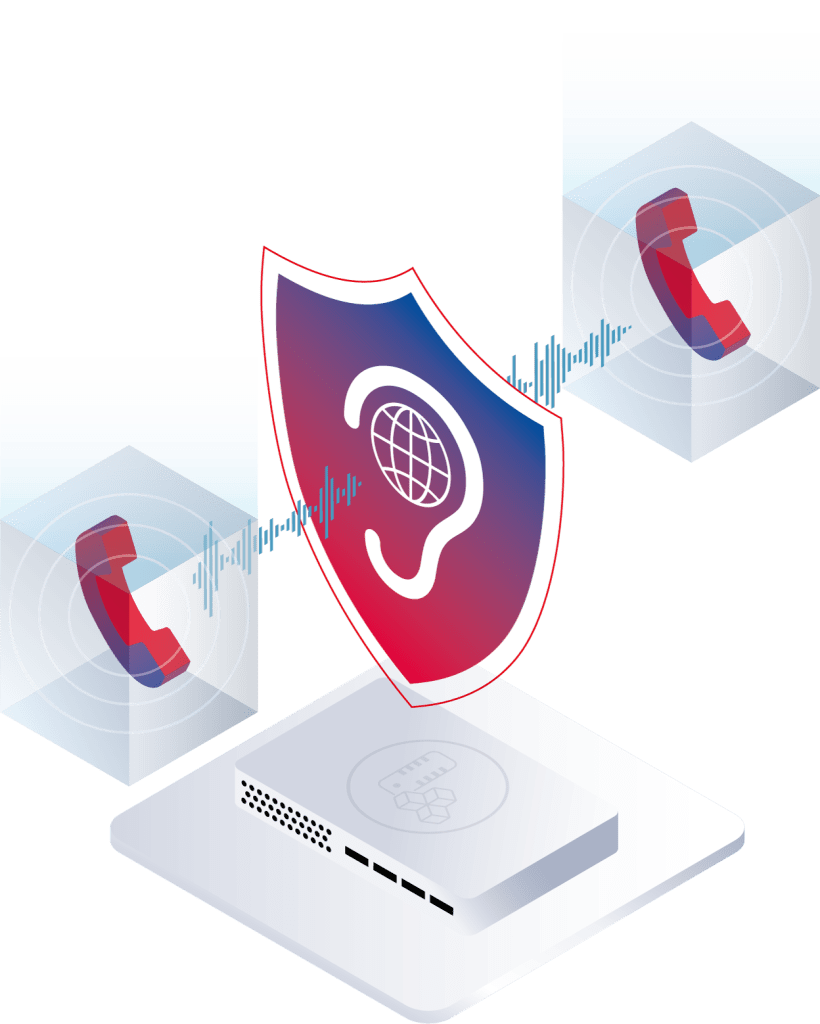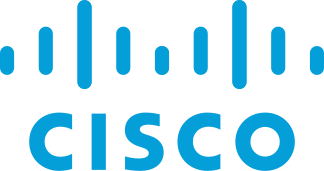Secure communication
SBC is a network function that protects the voice infrastructure over IP (VoIP) while providing conversion or not between signaling and communication messages from terminal devices (SoftPhones) or application servers (Servers). SBC is a critical network security component for services. VoIP designed to effectively manage session time and protect key network components from various types of attacks such as DDoS, including malicious and non-malicious signal attacks. Choosing an SBC is more than just an infrastructure decision, it is a business decision. . SBC is a vital communication solution that enables higher voice and video quality, provides greater flexibility in providing multimedia applications to customers and employees, and provides cost-effectiveness that dramatically reduces telecommunications charges and network management complexity.






